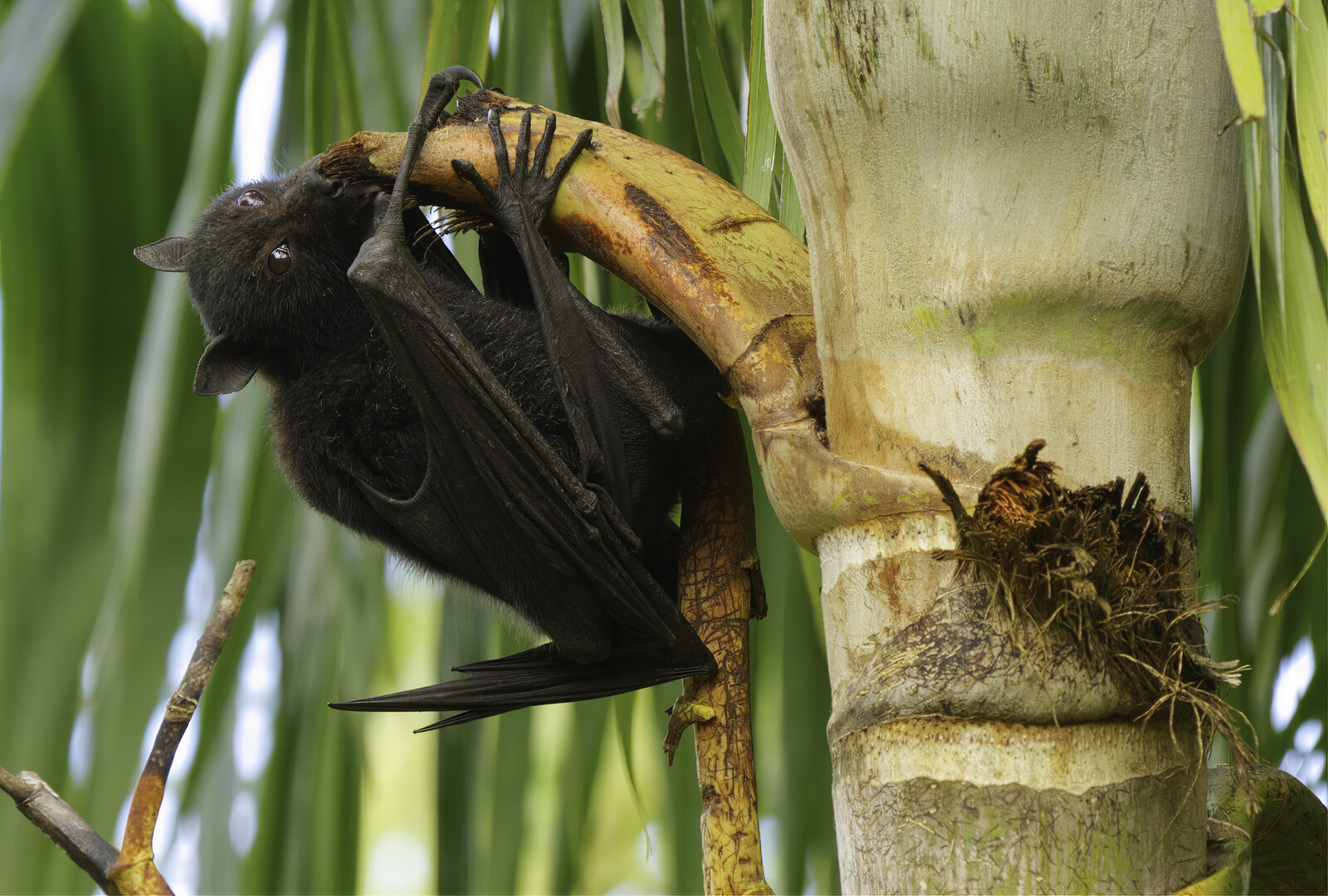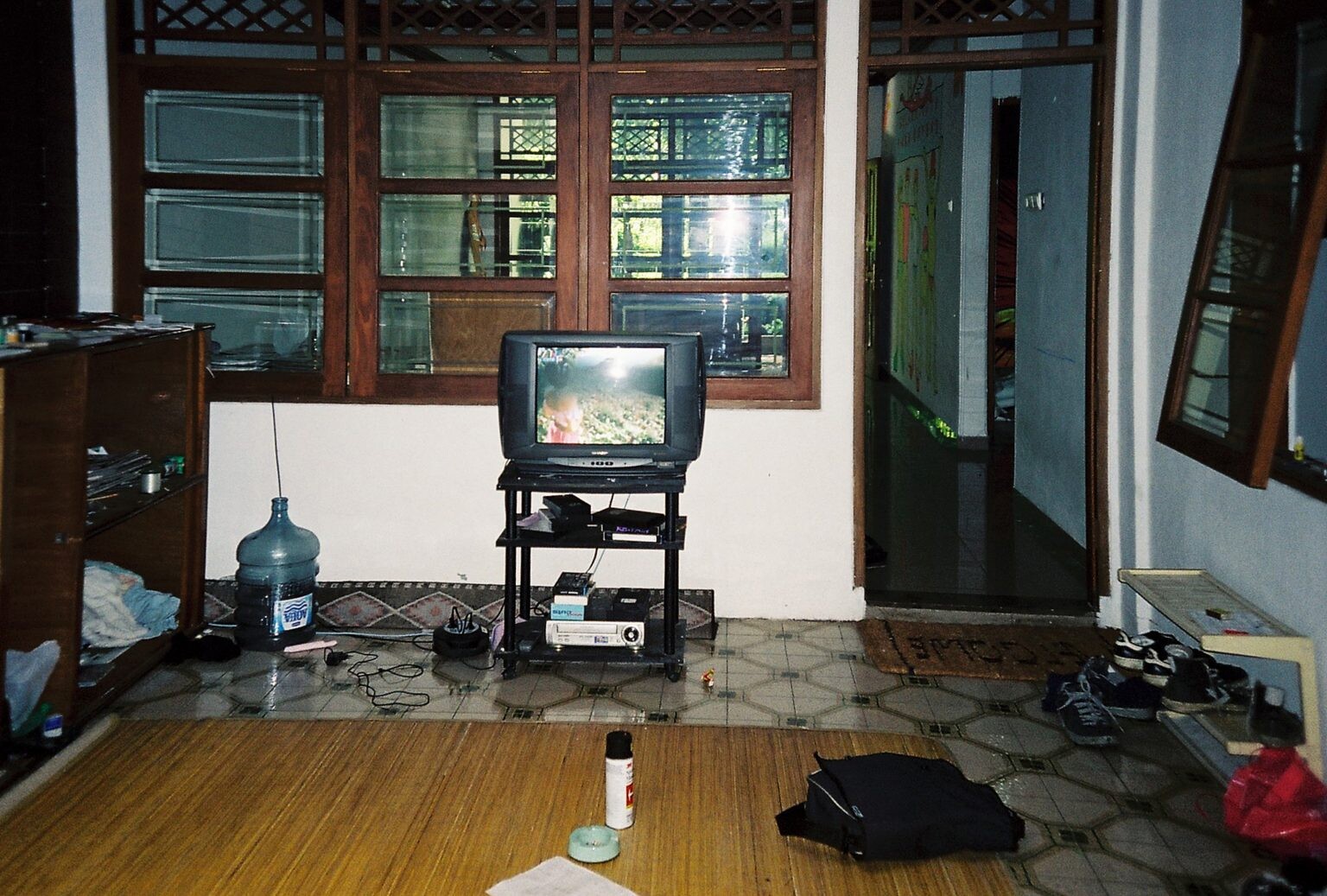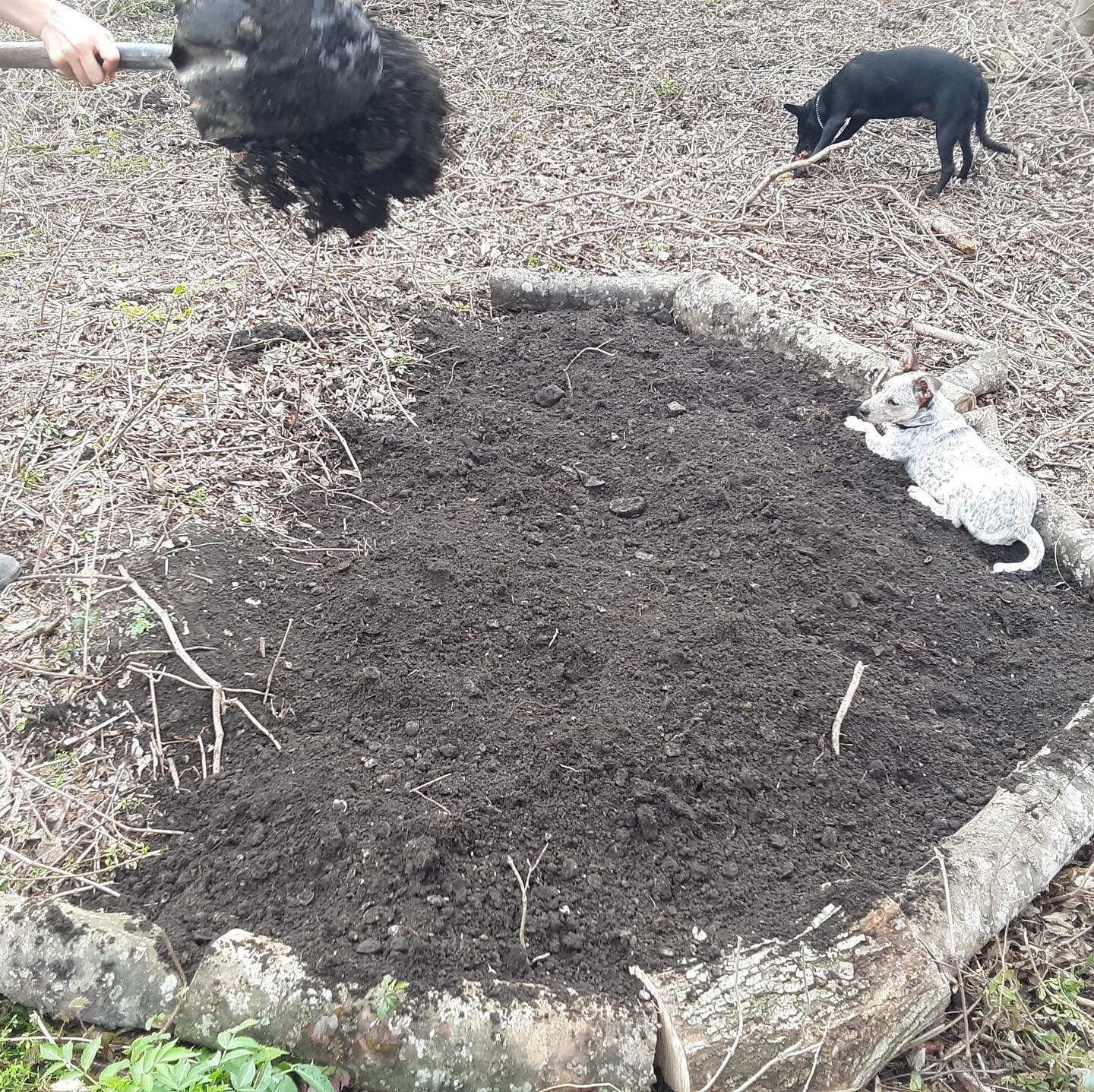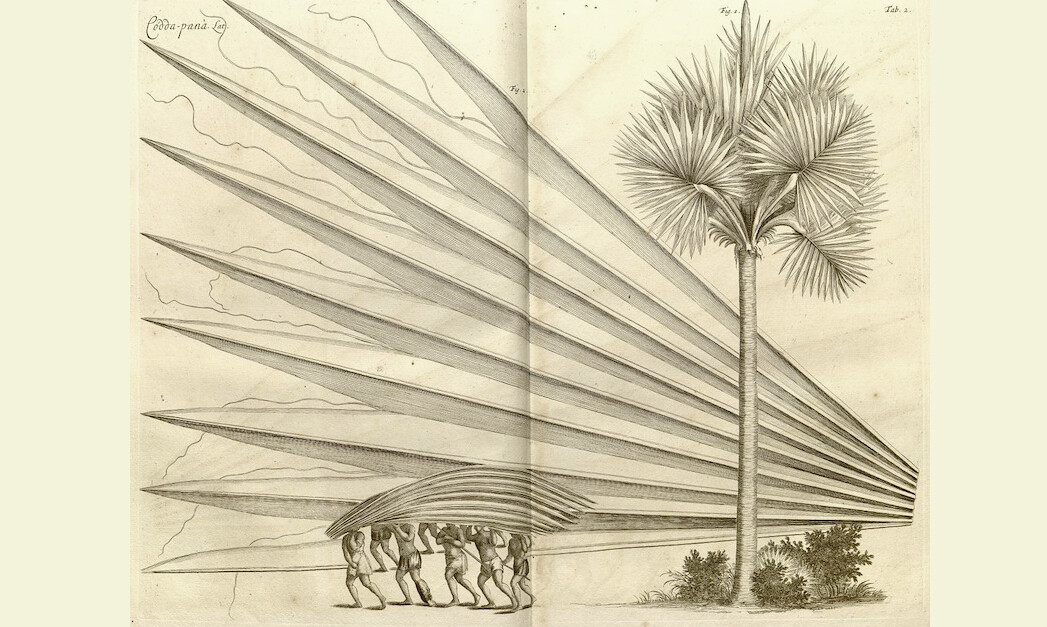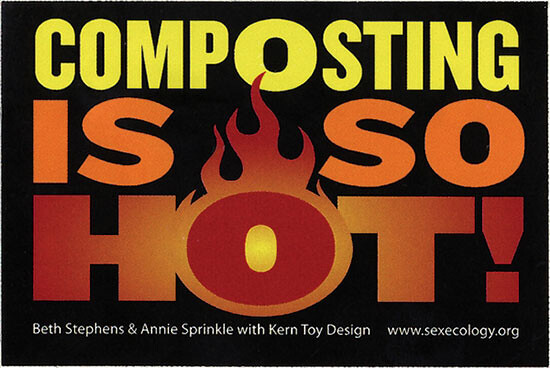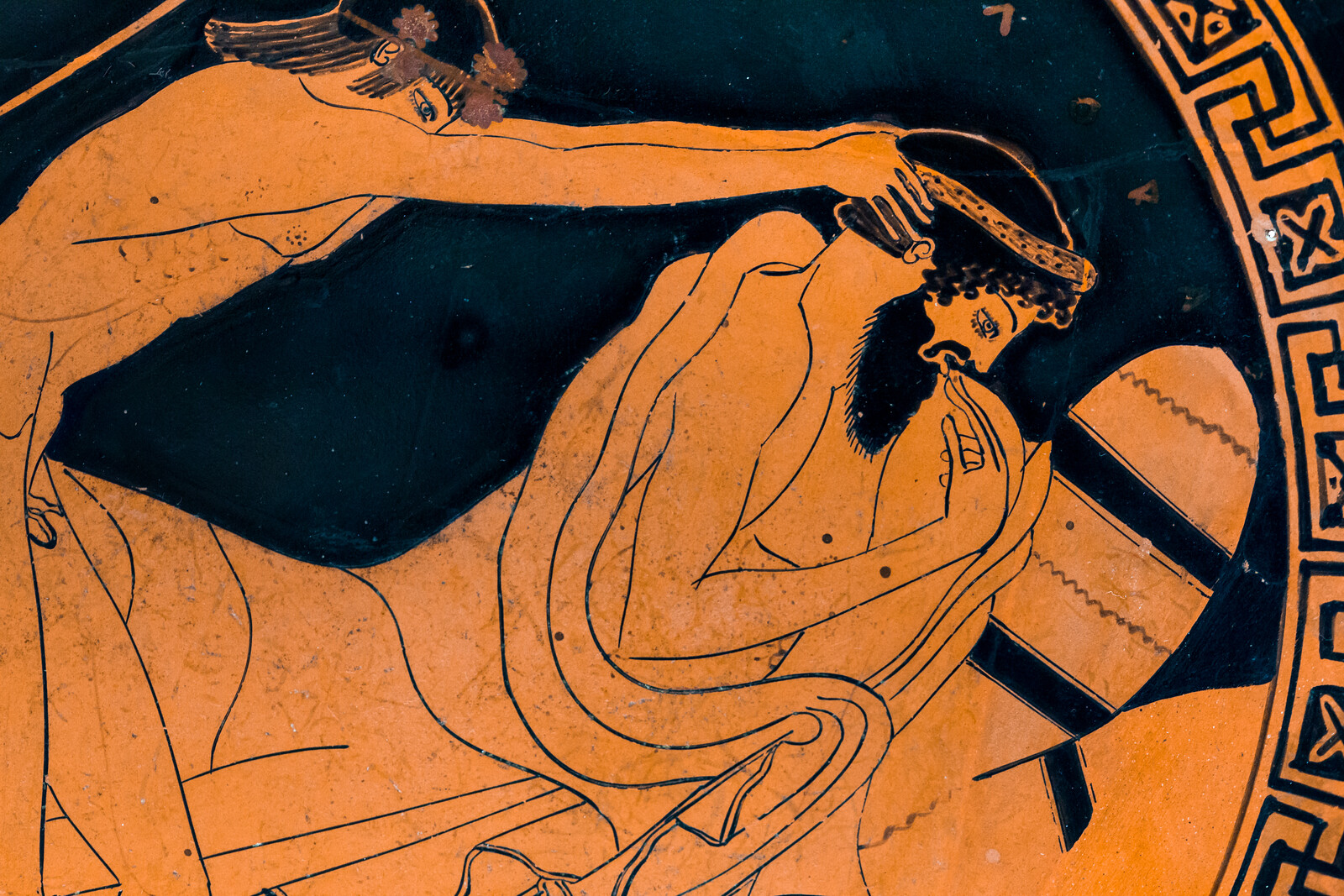Fermentation
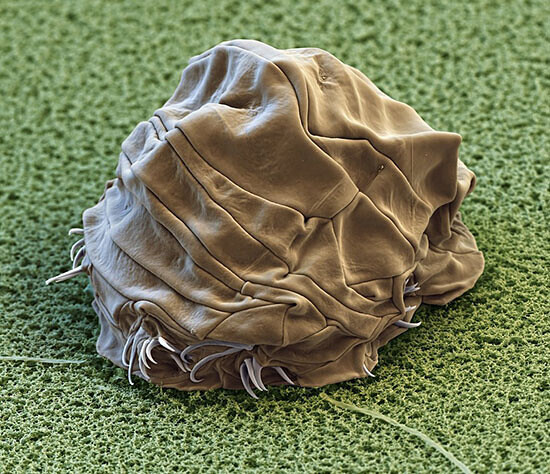
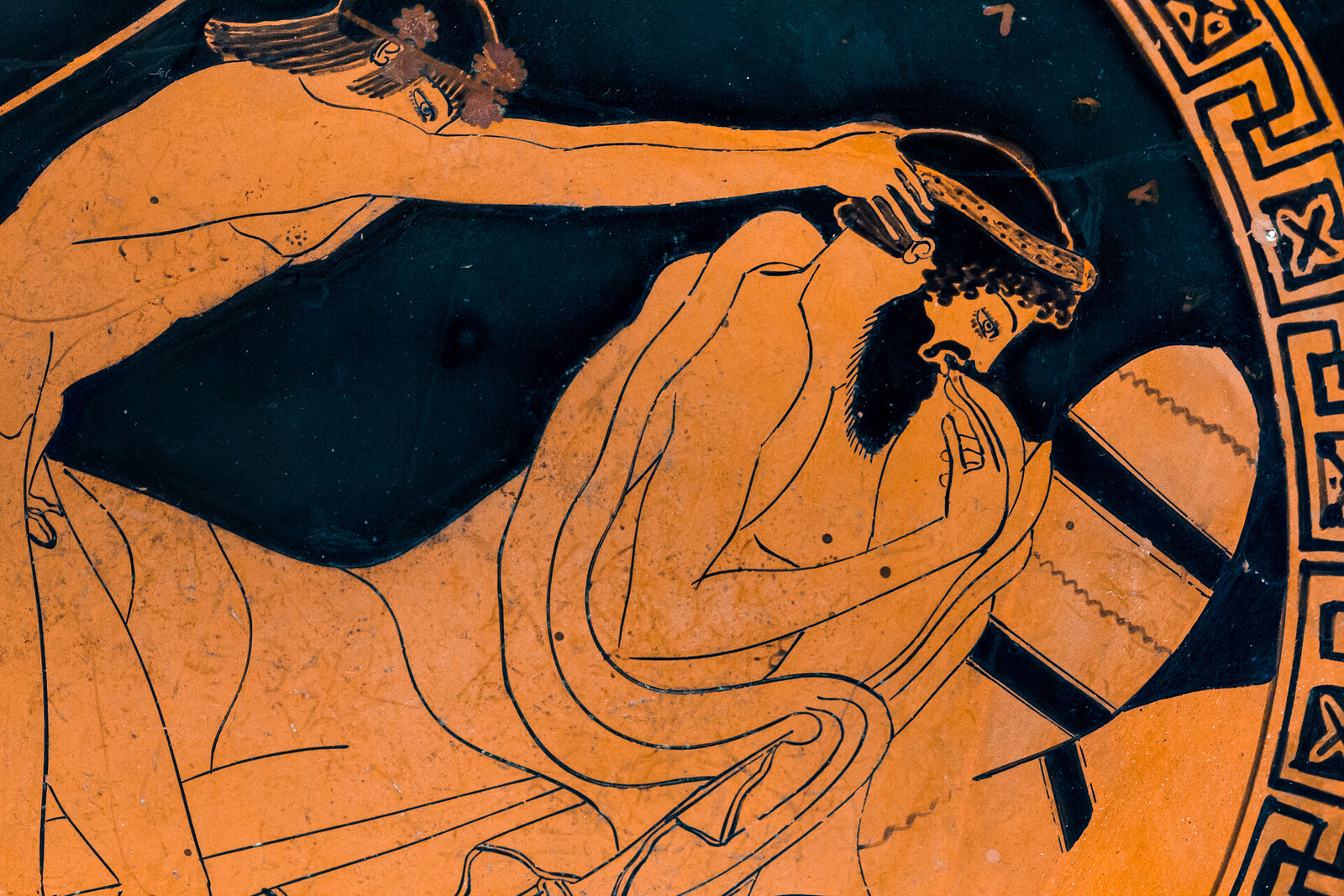
Fermentation comes from the Latin fervere: to boil, the process through which micro-organisms transform complex foods into rawer elements, more manageable for our body to assimilate. This “bacteria” intervention is increasingly present in the cultural discourse as a way of transforming usual environments through individuals and visions external to the canon, already existing but in need of being triggered. This reader investigates how activating these “bacteria” can transform canonical cultural backgrounds, generating a fundamental opening in institutionalized environments. What changes can these alternative practices activate? How can our vision of arts and communities be changed?
The animal who is your kin is called your warpiri. In the context of ngurlu, Daly Pulkara explained the meaning this way: warpiri is your “biggest sorry” (your greatest sorrow). In my words, warpiri is YOUR GRIEF. Your flesh and blood, flowing through the bodies of others who will be hunted, is your grief. You don’t have to grieve over everything; you couldn’t. But here, in this place of encounter with the necessary deaths of others, your grief may become extreme and so may your anger. If these deaths come about in defiance of Law, righteous anger is directed to those who have not managed death properly.
Nothing makes more sense today than to revamp the social imaginary of our collective body. That body is in danger. It is under attack by other species. It is wounded. Its immunity has to be built. It has to be taken care of. It should heal. And it can only heal collectively. At the same time, nothing seems less probable.
We are drawing on ideas that bring people together in conversation rather than force them into authoritative processes. Conversations meander, and decisions spring forth. We reduce individual control and ownership. We share power and authority, as well as respecting silence and absence. Ideas emerge organically without clear intellectual ownership. It is a collage: thousands of pieces of ideas come together. Bad ideas are polished up with a little collective imagination.
By learning the song of the land, we may just outlast a civilization determined to take us down with it. In abandoning the universal, we may find the ground waiting beneath our feet. Seeking the guidance of the world around us, we might allow ourselves a small beginning in new worlds to come.
Julia Child: Again we see that leaving behind nature in favor of culture, or “civilization,” is seen as basic to the definition of an art. But it seems especially necessary for ingestion, which otherwise is inarguably about materiality, and even need.
